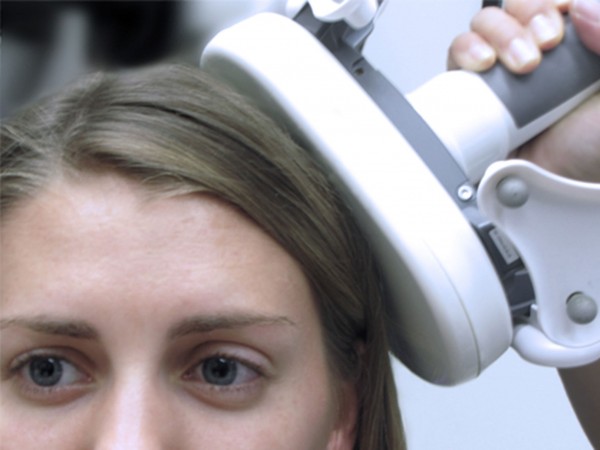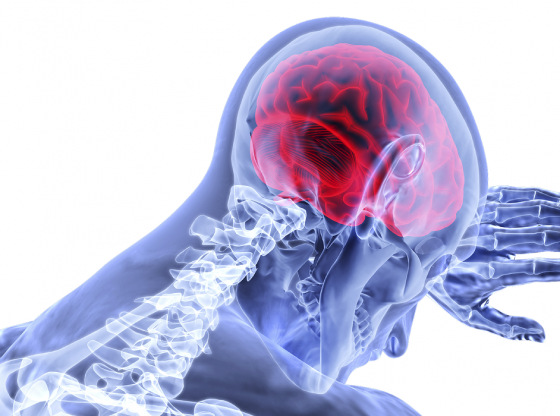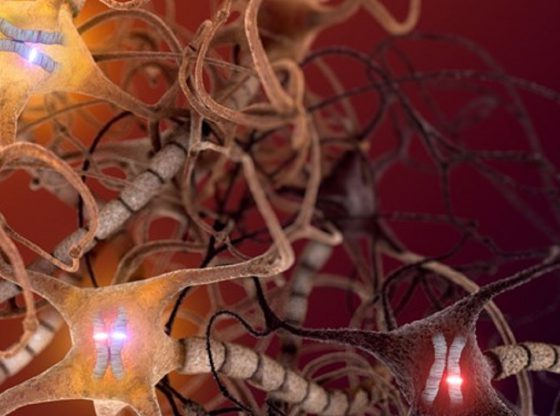
A recent study at the Northwestern University’s Feinberg School of Medicine in Chicago has shown that magnetic therapy may provide lasting improvements in memory.
These findings give hope to finding new methods of treatment of memory loss or Alzheimer’s.
The study included 16 healthy individuals between 21 and 40 years old. Their brains were first mapped and they had to perform a memory test as an initial starting point and for later reference.
It is known that an area between the hippocampus and a part of the rear cerebral cortex is more active during memory-related tasks. Therefore the team of researchers stimulated this area with electromagnetic pulses for a period of five days.
The researchers used transcranial magnetic stimulation (TMS). This is an increasingly popular therapy for psychiatric disorders that involves placing fist-sized coiled magnets on the scalp to stimulate different brain regions.
Each treatment lasted for 20 minutes for five days in a row. And after a day’s rest from the magnets, the subjects were to repeat the initial memory test.
The results show that those who had their brains stimulated with electromagnetic pulses improved their performance by up to 25 percent, while the comparison group, at best, only marginally improved.
These results could provide a possible treatment for patients with poor or deteriorating memory capacity. However, the study raises an ethical issue of whether it’s a good idea to use such technologies on healthy people to change a normal brain, and many questions remain. For example, it is possible that boosting functions in one cognitive skill will take away from another.
_______________
Targeted enhancement of cortical-hippocampal brain networks and associative memory
Rebooting memory with magnets
______________________________











![OpenAI. (2025). ChatGPT [Large language model]. https://chatgpt.com](https://www.illustratedcuriosity.com/files/media/55136/b1b0b614-5b72-486c-901d-ff244549d67a-350x260.webp)
![OpenAI. (2025). ChatGPT [Large language model]. https://chatgpt.com](https://www.illustratedcuriosity.com/files/media/55124/79bc18fa-f616-4951-856f-cc724ad5d497-350x260.webp)
![OpenAI. (2025). ChatGPT [Large language model]. https://chatgpt.com](https://www.illustratedcuriosity.com/files/media/55099/2638a982-b4de-4913-8a1c-1479df352bf3-350x260.webp)








